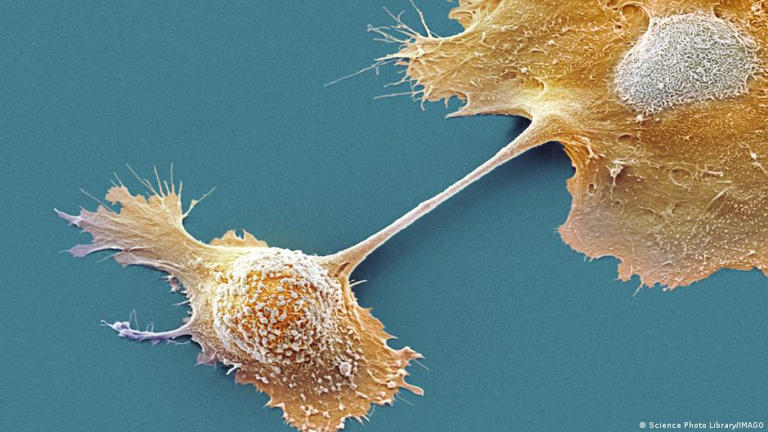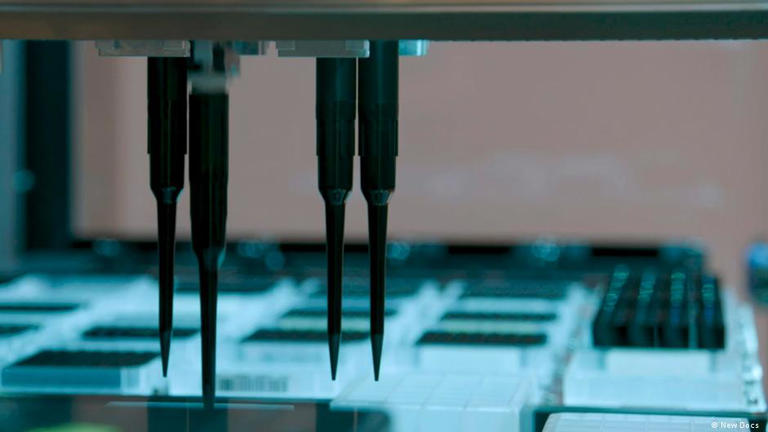AND HAVE SPONSORED MILAN KUČAN'S MILITARY GERADE POISONS https://ausertimes.blogspot.com/2023/05/novo-mesto-police-director-janez-ogulin.html WHICH OCCASINALLY WERE USED TO PROPERLY ACCORDING TO MK ULTRA
BUTCHERY TIME ITS EVENTS....ANGELA MERKEL STATED ME I SHOULD ACCEPT ONE FROM OTHER GOVERNMENTS IN CASE I WOULD REJECT GERMAN OFFER WHAT MADE ME WONDER WHAT WAS SHE UP TO...
BUTCHERY TIME ITS EVENTS....ANGELA MERKEL STATED ME I SHOULD ACCEPT ONE FROM OTHER GOVERNMENTS IN CASE I WOULD REJECT GERMAN OFFER WHAT MADE ME WONDER WHAT WAS SHE UP TO...
THANK YOU FOR THE CURE ANGELA....VIELEN VIELEN DANK...THANK YOU GERMANY, GREATER THAN GREAT BRITAIN AND OTHER "ALLIES"...I HOPE YOU HAVE RATIONALISED THE NEED FOR YOU "PROCEDURE". Vorbeugen ist besser als Heilen(Prevention is better than cure) NO LONGER IS THE THING.....better methods exist now. LONDON MADE SURE YOU LOOK GOOD BETTER THAN THE REST AS ALLWAYS BIDEN TRUMP BUSH CLINTON...YOU KNOW HOW HEH





No comments:
Post a Comment